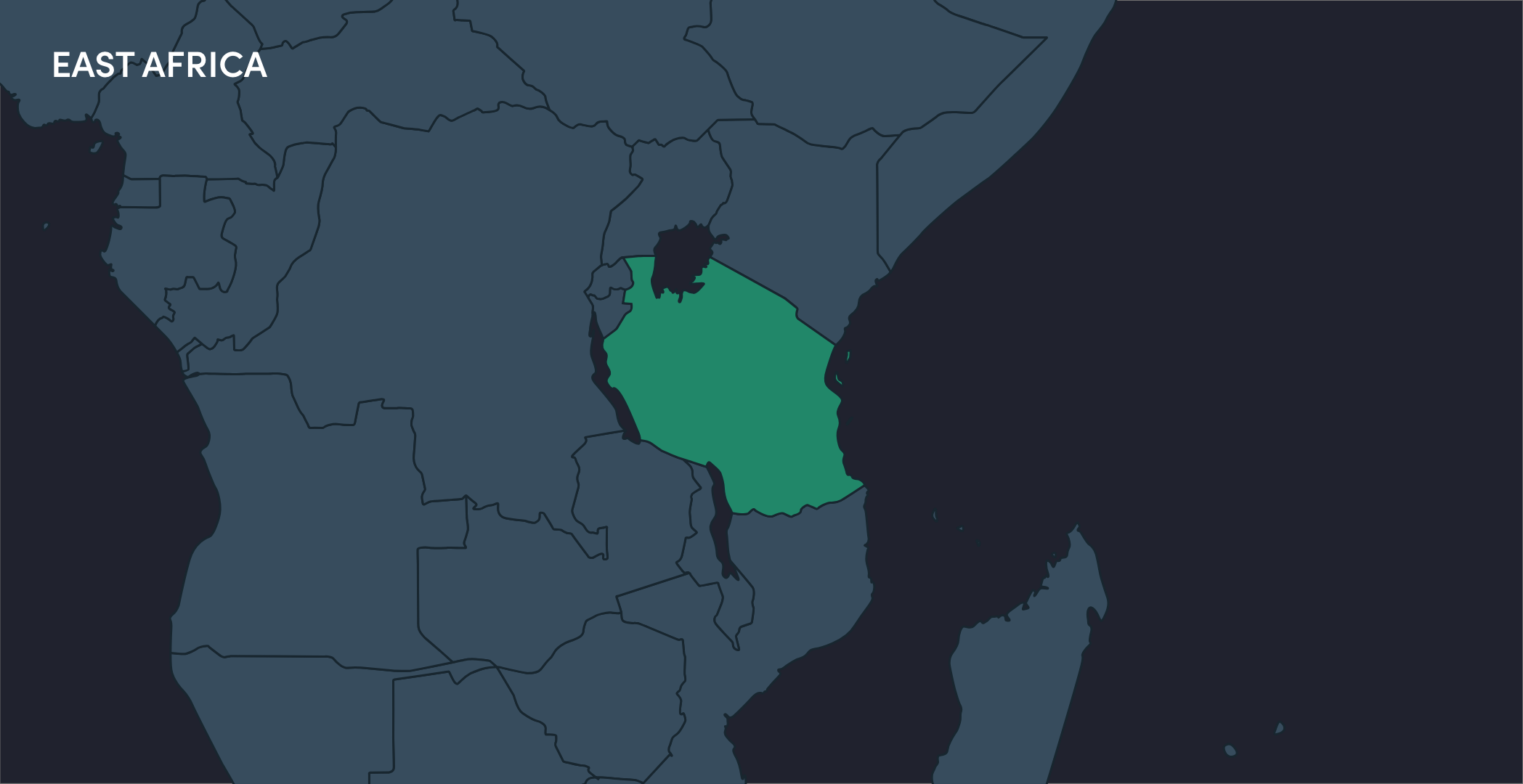Violence against children is a prevalent public health issue with serious short- and long-term consequences. Over 72% of children in Tanzania report experiencing physical violence by age 18. Caregivers, relatives, and teachers are the most common perpetrators, and corporal punishment is considered normative. However, substantial evidence shows that parenting programmes are successful in reducing violence against children and that they have the potential to do so at scale.
One such programme is Parenting for Lifelong Health for Teens (PLH-Teens), which is among few evidence-based and low-cost parenting programmes in low- and middle-income settings found to improve positive parenting and reduce violence against children. In 2020–2021, Pact Tanzania scaled up an HIV-enhanced version of PLH-Teens (locally known as Furaha Teens) to 75,061 teen girls and caregivers across Tanzania.
The Furaha Adolescent Implementation Research (FAIR) Study examined the impact of PLH-Teens on preventing and reducing violence against children at scale in Tanzania, as well as assessed the quality, acceptability, appropriateness, feasibility, benefits, and challenges of programme delivery.

REDUCED VIOLENCE AGAINST CHILDREN
PLH-Teens reduced overall maltreatment (physical and emotional abuse) by 45%, intimate partner violence (IPV) perpetration by 19%, IPV victimisation by 14%, school violence by 16%, and improved sexual health communication by 86%.

IMPROVED PARENT-CHILD RELATIONSHIP
Caregivers noticed improvements in communication with their children, conflict resolution, connectedness, anger management, and planning for family economic resources. Caregivers and teens also reported improvements in child behaviour, such as children showing higher levels of respect, greater contribution to family decision-making, and more frequently confiding in and seeking advice from their caregivers.

HIGH-QUALITY PROGRAMME DELIVERY
Caregivers and teens attended an average of 91% of sessions. Teachers and community workers delivered the programme to a high degree of quality, based on a facilitator assessment tool used during live observation of sessions.
In contrast to these positive findings, the study found a reduction in positive parental involvement by 18–29% and a reduction in parental support for education by 15–19%. However, it is important to note that these results were based on a pre-post analysis with no comparison group.
Scale-up: To deliver an evidence-based programme at scale requires considerable coordination, time, and resources. Factors that promoted the scale-up of PLH-Teens included working closely with communities, engaging experienced trainers, and delivering the programme through government structures. Barriers to scale-up included conflicting demands on facilitator time, tight programme timelines, and challenges due to COVID-19-related disruptions.
Promoters and barriers to participation: Although there was widespread acceptance of PLH-Teens, some barriers to attendance were noted, including discomfort among subjects about teen sexual behaviour and condom use; long travel distances between family homes and programme sessions; and the view that participants should be paid for their participation.
Flexibility in delivery: To ensure success, flexibility is required particularly as it relates to programme schedules, modes of delivery, and allowing for programme adaptations as appropriate.
Local champions: To enhance trust and remove language barriers, local implementers are essential. It is key to ensure that implementers are champions of the programme.
Fostering relationships: Engaging all the relevant stakeholders via genuine collaboration between partners is a key aspect of success at scale. Fostering community buy-in removes doubts and discouragement regarding the programme.
Policymakers, non-profit organisations, funders, practitioners, and researchers should work together to reduce violence against children in Tanzania by delivering and evaluating parenting programmes.
While only a pre-post analysis, the results suggests that Furaha Teens had a positive impact on teens and their caregivers. Therefore, resources should be dedicated to the delivery and evaluation of parenting programmes to reduce violence against children at scale in Tanzania.
Dr. Joyce Wamoyi, Senior Social and Behavioural Researcher, National Institute for Medical Research (NIMR), Tanzania
To learn more about this evaluation and its findings, please download its evidence brief or view the full report.





